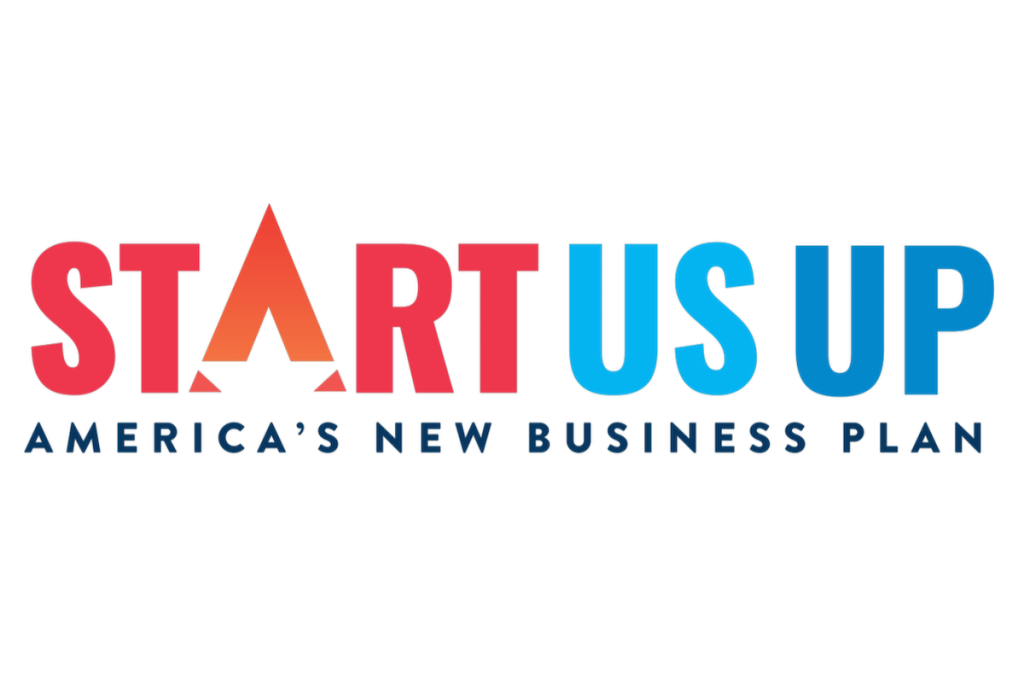In a recent National Conference of State Legislatures webinar, Start Us Up’s Jason Wiens asked attending legislators and staff which pillar of America’s New Business Plan represented the greatest barrier for entrepreneurial success. Tied for first was Funding — consistent with what 33% of Americans previously cited as the No. 1 reason keeping them from starting their own business.
It’s not a surprise. Venture capital is highly concentrated on the coasts, and 83 percent of entrepreneurs whose businesses go on to hire are unable to secure bank financing at the time of startup.
The problem is particularly pronounced for Black Americans. In a recent story published on Mother Jones, the Kauffman Foundation shared the stories of businesswomen of color who faced outsized hurdles to launching their businesses.
“To get a bank loan or venture capital early on, you have to clear so many hurdles,” [entrepreneur Erica] Plybeah says, noting that the process can become so labor-intensive, it eats up the time one would need to actually build their business.
Plybeah says it’s even more challenging for people of color because the institutions require more due diligence, and applicants are at a disadvantage if they don’t have connections. “When going to networking events, investors will literally talk to every single entrepreneur in the room except the Black one,” she told Epicenter Memphis. “After the 40th event where no one talks to you, you’re just over it. It’s discouraging and disheartening.”
Mother Jones
The entrepreneurs interviewed discussed the eventual success they found through alternative funding streams, such as accelerator programs like the ones supported by several coalition members nationwide.
But the article also ponders a future where “women of color won’t be forced to find alternative sources of funding to start their businesses.”
Morgan DeBaun, CEO of Blavity, a media company for Black millennials, echoed these sentiments in a recent CNBC interview, noting that, “there’s never been a better time to raise money for your company. Everyone is looking to have diverse companies, portfolios, and to make sure that they’re actually targeting diverse audiences as well when it comes to the market opportunity of the future of this country.”
So, what does a future look like where funding is more equitably distributed? America’s startup slump is in part the result of a playing field stacked against people of color. Numerous articles and studies have been written about the economic potential of Black entrepreneurship to not only grow local economies, but the national economy as well.
“When going to networking events, investors will literally talk to every single entrepreneur in the room except the Black one.”
Erica Plybeah
Canada recently demonstrated an acute understanding of this: Prime Minister Justin Trudeau announced a multi-million dollar entrepreneurship program to help Black Canadians get loans from national banks.
Despite policymakers’ awareness of funding challenges confronting entrepreneurs of color, the same commitment to them and their success seems missing in America.
Whether it be funders or policymakers, those with the ability to lift up Black entrepreneurs have a responsibility to do so — not only to bring much-needed equity to the startup landscape, but also to ensure a holistic and sustained economic recovery for all Americans.

